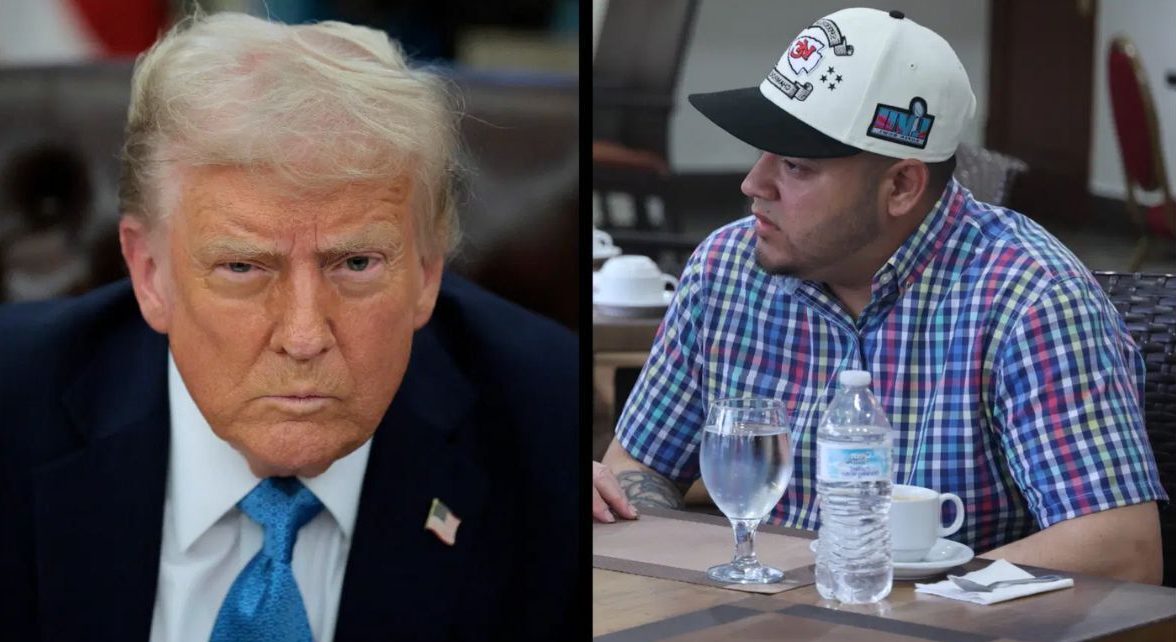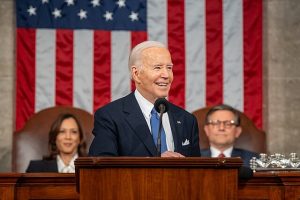Kilmar Abrego Garcia, a man who has been at the center of a heated immigration and criminal case, is making explosive allegations against the Trump administration. According to a new court filing, the Justice Department and immigration authorities are allegedly attempting to pressure him into pleading guilty by threatening to deport him to Uganda—a country where he claims his safety would be in serious jeopardy.
The Alleged Threat
Abrego’s attorneys filed the bombshell claim on Saturday, arguing that the government’s tactics amount to coercion. They say federal prosecutors recently offered Abrego a plea deal on two felony counts related to human smuggling—charges he vehemently denies.
Under the proposed agreement, Abrego would serve an unspecified sentence and then be deported to Costa Rica, where he would reportedly receive legal residency or refugee status and assurances of safety.
The filing notes that the Justice Department even produced a letter confirming Costa Rica’s willingness to accept Abrego and its pledge not to send him back to El Salvador, his country of origin.
But when Abrego rejected the deal, Immigration and Customs Enforcement (ICE) allegedly informed his lawyers of a stunning reversal: The government now intended to deport him to Uganda if he did not accept the plea by Monday.
“There can be only one interpretation of these events: the DOJ, DHS, and ICE are using their collective powers to force Mr. Abrego to choose between a guilty plea followed by relative safety, or rendition to Uganda, where his safety and liberty would be under threat,” attorney Sean Hecker wrote in the court filing, citing POLITICO.
Uganda’s Agreement With Trump Administration
These developments come just days after Uganda announced a new agreement with the Trump administration to accept deportees from the United States. The deal reportedly excludes individuals with criminal records and minors traveling alone but prioritizes those originally from African nations.
Critics are now questioning whether the agreement is being used as leverage in high-profile cases like Abrego’s.
How Did Abrego End Up Here?
Abrego’s legal saga has been in the national spotlight for months. He was deported to El Salvador in March under the Trump administration’s aggressive immigration enforcement policy, which invoked the rarely used Alien Enemies Act.
Abrego claims that upon arrival, he was thrown into El Salvador’s notorious CECOT maximum-security prison—a facility that has drawn global condemnation for harsh conditions. He alleges he endured beatings, sleep deprivation, and malnutrition before being moved to another prison.
International criticism of his removal mounted, especially after reports that he had previously been granted protection from deportation by an immigration judge, who determined he faced credible threats of gang violence in his home country.
Return Under Indictment
In June, the U.S. government complied with a federal court order to bring Abrego back—after months of delay. However, his return was tied to a federal indictment in Tennessee, where prosecutors charged him with human smuggling.
Abrego’s attorneys argue that these charges are politically motivated, designed to punish him for defying previous immigration orders. They are now urging a federal judge in Tennessee to dismiss the case entirely, citing what they call “gross misconduct” by government officials.
Trump Officials Fire Back
Administration officials have not backed down. Shortly after Abrego’s release from a Tennessee jail on Friday, DHS Secretary Kristi Noem blasted what she described as activist judges undermining immigration enforcement.
“We will not stop fighting till this Salvadoran man faces justice and is OUT of our country,” Noem declared.
Officials have also accused Abrego of being affiliated with the MS-13 gang and of acting as a foreign terrorist—charges he strongly denies.
What Happens Next?
Abrego is scheduled to report to an ICE office in Baltimore on Monday morning. If his allegations are accurate, he may be facing a near-impossible choice: plead guilty and accept safe passage to Costa Rica, or risk deportation to Uganda—a country where his fate is uncertain.
The case raises profound questions about due process, government overreach, and the ethics of using deportation threats to secure plea agreements. With tensions mounting, all eyes will be on the federal court in Tennessee as the legal battle continues.

James Jenkins is a celebrated Pulitzer Prize-winning author whose work has reshaped the way readers think about social justice and human rights in America. Raised in Atlanta, Georgia, James grew up in a community that instilled in him both resilience and a strong sense of responsibility toward others. After studying political science and creative writing at Howard University, he worked as a journalist covering civil rights issues before dedicating himself fully to fiction. His novels are known for their sharp, empathetic portraits of marginalized communities and for weaving personal stories with broader political realities. Jenkins’s breakout novel, Shadows of Freedom, won national acclaim for its unflinching look at systemic inequality, while his more recent works explore themes of identity, resilience, and the fight for dignity in the face of oppression. Beyond his novels, James is an active public speaker, lecturing at universities and participating in nonprofit initiatives that support literacy and community empowerment. He believes that storytelling is a way to preserve history and inspire change. When not writing, James enjoys jazz music, mentoring young writers, and traveling with his family to explore cultures and stories around the world.









